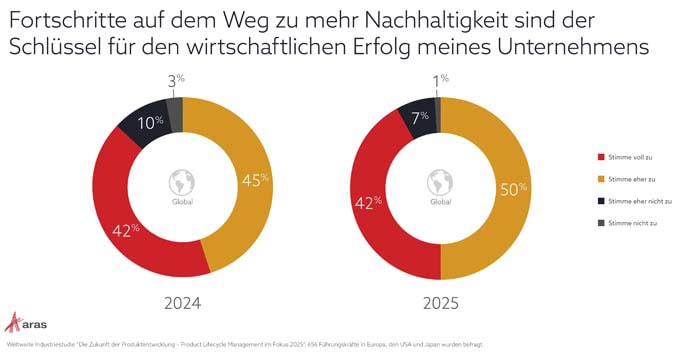"AI is not a quality feature"
Artificial intelligence is on everyone's lips and is set to change many areas of work for the better. However, not everything that says AI on it actually contains AI. According to German project and interim manager Thomas Pförtner, the topic of AI is currently being hyped in marketing in particular.

ChatGPT and other tools have triggered hype around the topic of AI. The advertising promises regarding artificial intelligence are now omnipresent. AI is in, on or at least involved everywhere. AI has become a marketing hit. However, AI is by no means a sign of quality. Although it is good that the topic is now attracting a lot of attention thanks to ChatGPT and the like, the large language models are only a small part of possible applications. If you are not careful and are not properly prepared, you can fall flat on your face because of the many advertising promises.
AI is not really necessary everywhere
"Not everywhere that says AI on it is also AI in it," says Thomas Pförtner. He is an interim and project manager as well as an expert in IT, business development and new business models. "AI naturally plays a major role here. But not everything really needs AI. Companies shouldn't allow themselves to be blinded here." ChatGPT and other applications are only a small part of the possibilities of generative AI. The far greater part of AI is already concerned with processing structured data. And this is where many companies are still very poorly positioned. "Even advertising promises don't help. You can only benefit if you have clean data and digitized your processes," says Thomas Pförtner. Where this is not the case, there is a risk of making expensive mistakes and bad investments.
"Neither chatbots nor document management processes necessarily require artificial intelligence. Many solutions are simply rule-based. Not every algorithm is also an AI. There is currently a lot of misleading information," Pförtner is convinced. Although AI can make many applications better, it is not essential for many use cases.
AI: self-improving statistics
"AI is statistics," explains Pförtner. "Statistics that improve themselves by drawing better and better conclusions from the knowledge gained. Algorithms, on the other hand, are rules based on 'simple' if-then processes, whereby 'simple' can also mean that thousands of formulas and calculations take place." AI always has a self-optimizing, recognizing and learning element. For many applications, however, this is not even necessary. After all, online banking, call center controls, ticket machines, order terminals and search engines have so far managed without AI. Not everything that is digitally mapped or makes life easier is AI, says Pförtner. But: "We will see AI finding its way into such processes." There is still a lot to come for people and companies.
According to the IT and infrastructure expert, it is important to understand where the use of artificial intelligence actually makes sense. The question of what type of AI also needs to be clarified. For example, language models such as ChatGPT are hardly of any relevant use in the context of calculations, formulas and their links, but they are in the context of word processing. "AI makes sense where service is improved. Today, service requires data. If this data is available in a digital and structured form, AI can help to utilize it and convert it into services, as well as to optimize the data itself and the services in a self-learning manner." Companies should focus on what is currently possible and makes sense for them. The AI hype is justified in principle, but it must not blind anyone. Promises alone do not solve problems.
Further information on the topics of business development, digitalization and technology infrastructure can be found at https://pfoertner-net.de.









